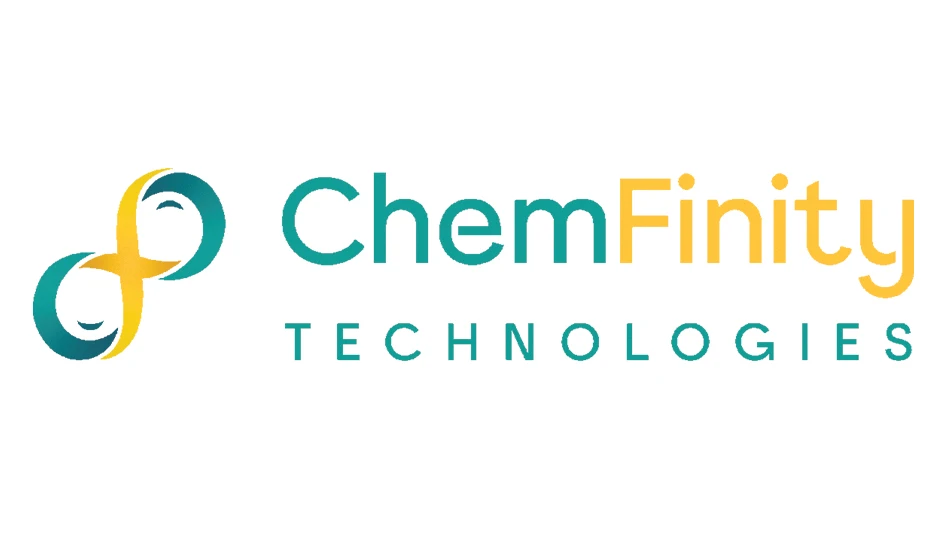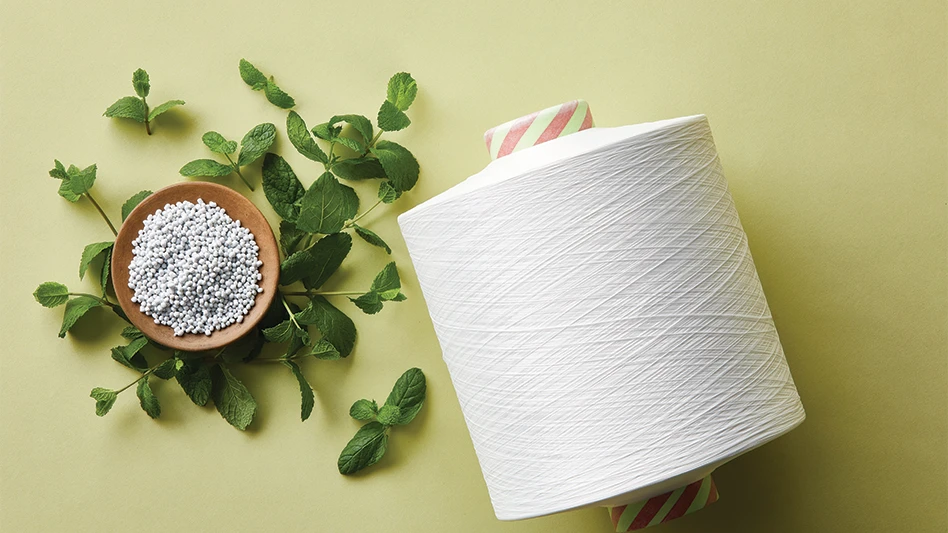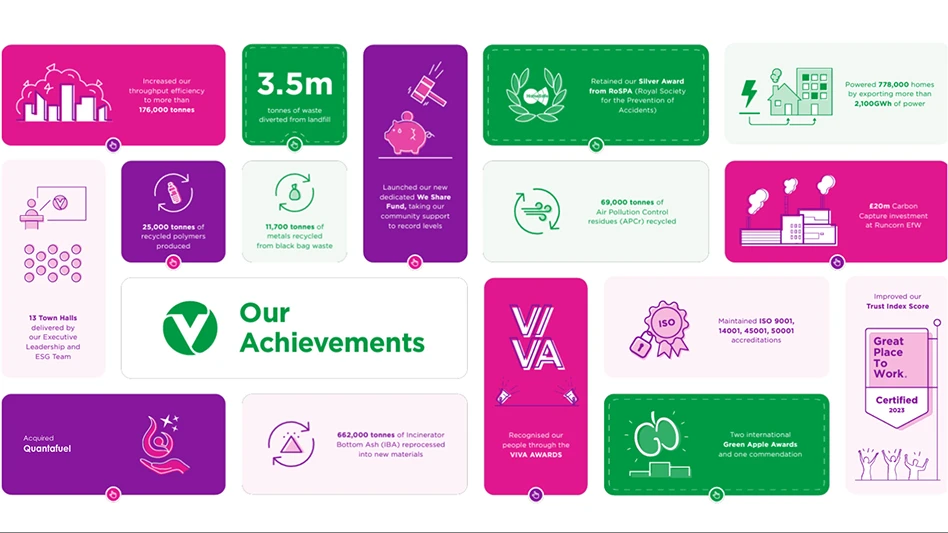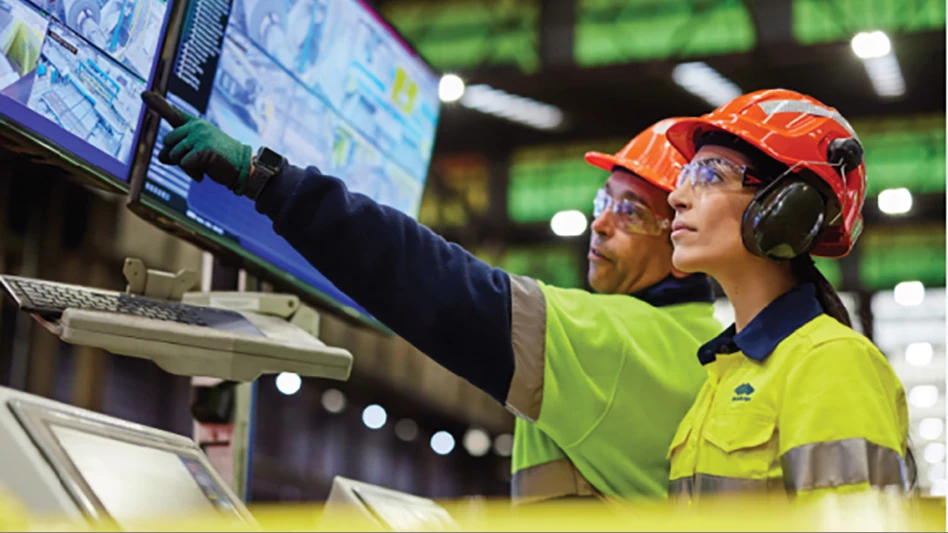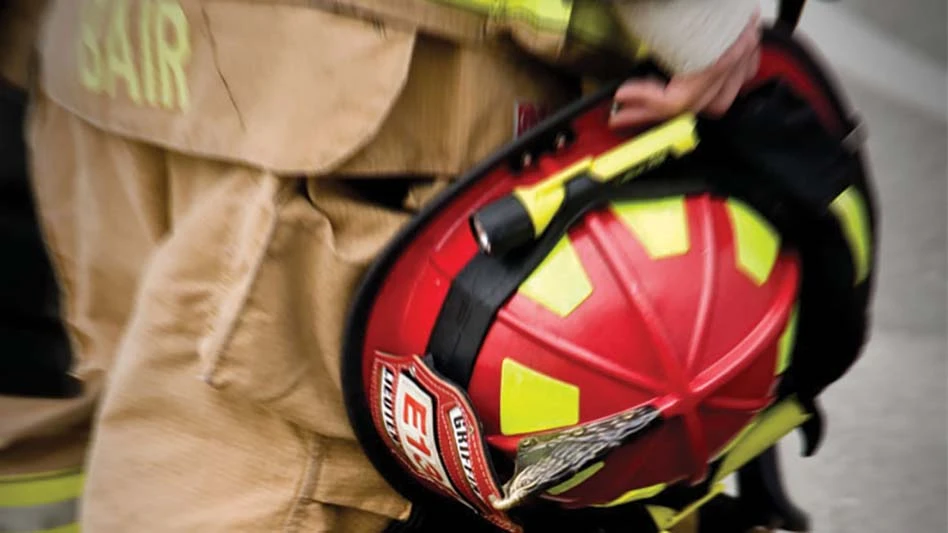
New Africa | stock.adobe.com

It’s hard to find companies that last beyond a century, but Domtar, a Fort Mill, South Carolina-headquartered manufacturer of communication, specialty and packaging papers, has survived (and thrived) for nearly 175 years.
The company that would become Domtar began in 1848 in England when Henry Potter Burt founded Burt, Boulton Holding Ltd., according to its website. Initially, the company treated lumber to prevent decay, but over the next two centuries, the business expanded into North America and adapted its focus. It officially became Domtar Ltd. in 1965 and shifted its focus to pulp and paper by the 1990s.
Now, Domtar is expanding that focus to include recycled containerboard production. In August 2020, the company announced plans to enter the containerboard market with the conversion of an uncoated freesheet printing and writing paper machine in Kingsport, Tennessee. Domtar is investing $350 million in the project. The converted machine will produce approximately 600,000 tons per year of recycled-content containerboard and will require 660,000 tons per year of old corrugated containers (OCC) and mixed paper as raw material.
Mike Butler, who manages containerboard sales for Domtar, says demand for uncoated freesheet has declined, whereas global demand for containerboard is rising. He adds, “Rather than shut assets down, Domtar’s leadership team has been looking at repurposing a number of our assets to get into containerboard markets. They identified four of them, and Kingsport is the first.”
“As you look at businesses today, it’s hard to believe a business can stay there for 175 years,” says Troy Wilson, general manager of Domtar’s mill in Kingsport. “But this is just an example here in Kingsport of why Domtar continues to be a business that’s been there so long. “We’re moving with the times. … We’re moving into another market, another production line that is actually a growing business for Domtar,” Wilson adds.
In the interview that follows, Butler and Wilson share details about Domtar’s decision to enter the recycled containerboard market and the conversion of the Kingsport mill.


Recycling Today (RT): Tell us more about Domtar’s decision to convert its Kingsport machine from uncoated freesheet to recycled containerboard. Why did that location make sense for this $350 million project?
Troy Wilson (TW): We looked at the assets here on-site, and [Kingsport] is a great asset. It’s been well-maintained and kept for years. The machine was put in in 2002, designed to be used for printing and writing grades. That was its main purpose as it lived through that life. The machine was idled around March 2020, then the pandemic hit. … During that time, we had done some work in the background looking at moving into packaging and more of that direction. With that, that kind of drove that decision.
The machine stayed down. It’s down currently today. We’re converting to move in that direction. So, that whole decision-making time frame was through the market-related downtime moving into the pandemic downtime.
Mike Butler (MB): If you look at … the containerboard market specifically, it’s the fastest growing pulp and paper business in the pulp and paper markets. I think planned growth for this [market] for the next several years is north of 2.5 percent per annum. It’s a strong market; it’s a solid market.
Kingsport is strategically and geographically centered amid a number of independent corrugated converters, and that’s who our market is—that’s who we’ll be selling to.
RT: What does the timeline look like on this project?
TW: After we made the decision to move in this direction, we started demo in November of 2020. While we were doing the demo, we were waiting on the construction [crew] to come in to put new equipment in place. That came around the June 2021 time frame. Now, we’re building machines and the warehouse that will store the OCC product and [adding] extensions to our shipping facility, as well. The building is starting to take form. Machinery and equipment are starting to be set in place. That construction piece is happening now. We’re looking at fourth-quarter 2022 for startup now.
“Kingsport was idled in an effort to balance our paper production with our customers’ demand. After it went down, it was decided to repurpose that mill.” – Mike Butler, containerboard sales, Domtar
RT: Prior to this project, have Domtar mills ever consumed recovered fiber?
TW: There were grades that we made here that required recycled content. We ran grades that consumed up to 30 percent recycled. This new mill configuration will be 100 percent recycled.
RT: Does the company have a long-term goal to convert other mills to produce recycled containerboard?
TW: That’s the plan going forward. We have a clear runway for that right now. But, as you know, these [are] capital projects; this project is a $350 million project. As we move through our phased plan, there are approval processes that come along with that.
We haven’t gained the signature of approval yet [on other locations], but that’s the direction we’re moving.
RT: What other Domtar mills could be converted to produce recycled containerboard in the future?
MB: You have Kingsport. You also have Ashdown, Arkansas; Hawesville, Kentucky; and Marlboro, South Carolina.
RT: Given that Domtar is considering converting more than just its Kingsport mill to produce containerboard, why did it make sense to invest in making a conversion at Kingsport before any of the other facilities?
MB: Kingsport was idled in an effort to balance our paper production with our customers’ demand. After it went down, it was decided to repurpose that mill ahead of the others. Geographically in our marketplace, it’s situated in a great part of the country for us to reach our customers.
RT: What challenges have you had to work through on the Kingsport project?
TW: It’s no secret that challenges we run into today are related to COVID. We put protocols in place to do the right thing. We’re social distancing, we’re wearing masks and doing all we can to keep our employees healthy. It hasn’t delayed us in a negative manner, it’s just something we have to manage.
And, of course, shipping and transportation go along with that as well, [and] parts and pieces that we’ve ordered coming in on a timely basis. That hasn’t stopped us or delayed us, we’ve just had to manage through that.
RT: How will Domtar source supply for the Kingsport mill?
MB: We’ve looked hard at the recovered fiber marketplace, which Domtar really hasn’t participated in before. So, we’ve outsourced the procurement of OCC to a company called International Forest Products [headquartered in Foxborough, Massachusetts]. They have strong relationships throughout North America and really throughout the world. They are a great partner for Domtar. Together we will build relationships and bring in supply of OCC and mixed paper.
[International Forest Products] will have three or four employees who will work here directly at Kingsport.
Everyone knows that you want to source your fiber as close to the mill as you possibly can. … But in today’s world and with the tightness of OCC, you have to look beyond your normal geographies to find OCC. You have some new conversions that have come in. If you look at the same timeline as us, you have a mill in Virginia coming up [and] another one coming up in Kentucky. … Those are basically in our same fiber basket. So, that certainly makes it a little bit more challenging.
RT: Would Domtar ever consider adding a converting operation or box plant?
MB: We have no intentions of getting into converting. When we go into the marketplace, we want to become the independent’s paper mill. Independent box plants and sheet feeders will become our converting. Independent box plant and sheet feeders will become our integration. … The independent market is fairly sizable. Where Kingsport is located, you can service the Northeast, the Midwest, the Southeast and even out to the West Coast.
RT: Late in 2021, Paper Excellence acquired Domtar. Did that change anything related to the Kingsport project or other operations at Domtar?
TW: Nothing has really changed with us. It’s the same as it was the day before we were acquired by Paper Excellence. We’re excited about being part of the Paper Excellence family. Really nothing changes for us. We keep the Domtar name, the same leadership, same challenges day in and day out. It’s seamless for us.
Get curated news on YOUR industry.
Enter your email to receive our newsletters.

Explore the March 2022 Issue
Check out more from this issue and find your next story to read.
Latest from Recycling Today
- Ace Green unveils system to support antimony recovery, lead battery recycling
- Sims reports earnings drop in 2025 fiscal year
- SDI purchases metals distributor
- Line of Cleveland Browns souvenir cups to be made with PureCycle resin
- Commerce Department expands scope of Section 232 tariffs on steel, aluminum
- Applications now open for Can’d Aid’s Crush It Crusade recycling grants
- Report shows packaging paper shipments up in Q2
- Novelis, DRT sign join development agreement for unialloy can ends
